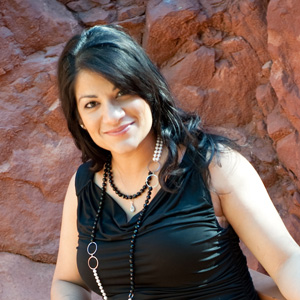Whale watching, specifically for orcas, has been on my bucket list for several years. I'm fascinated by the whales and the journeys they take throughout their lifetime. Whale watching was our family's #1 thing we wanted to do during our summer in Seattle.
While being in the area, I learned a tremendous amount about the orcas and the drive to save them. They have been endangered since 2005. We attended orca talks and learned all we could about this beautiful creatures. They are the largest members of the dolphin family. The people of the Pacific Northwest are passionate about saving animals and it only takes the magic seeing them once to see why. These animals are incredible and if you haven't been to see them yet, do it! You will fall in love and passionately want to see them survive and thrive.
First, there are different types of orcas. There are those that eat fish (the Southern Residents), and those that eat mammals like sea lions and seals. (the Transients) They can live to over 100 years old with one of the oldest whales being 106 years old! (J2, passed away in 2016)
The Southern Resident Killer whales are a large extended family made up of 3 different pods. (J, K, L pods). Orcas are a matriarchal society, so each pod centers around the older females, who are usually the grandmothers and great-grandmothers. Orcas are one of a few species that include elephants and pilot whales AND humans, in which the female stays alive and part of the family after passing reproductive age. Females typically have 3-5 calves throughout their life. Males and females stay close to their mothers for a lifetime.
Each pod has a different dialect that they use to communicate, and there are similar sounds between the three pods. We had the chance to listen to 2 of the sounds of the pods and they sounded like a cats meow and goat baa'ing. You can listen to them here. They are seen from the spring to the fall around the waters of the San Juan Islands.
According to the Center for Whale Research, there are 75 Killer Whales as of June 2018. This number has been in decline over the past few years as the population hits crisis modes. There is not enough salmon (especially Chinook Salmon) for the orcas to eat and they are nutritionally deficient. There reproduction abilities have decreased with a recent article showing how a mother carried her dead calf for 9 days in mourning. The calves have a high mortality rate within the first year, they are not even named until after the first year of life.
There are very specific rules in place for the whale watches and distance that must be kept. While the professional whale watches follow the rules, there are private boats that don't. This is stressful for these animals and if you see someone getting too close, SPEAK UP. The increase in boat traffic and underwater noise is huge issue for how these animals communicate and find prey.
These animals have a lot to conquer to maintain their species and continue to thrive in world full toxicity, underwater noise and minimal food. They have a HUGE number of people working for them and striving to change the environment to improve their circumstances.
What you can do to help:
1. Join the Center for Whale Research
2. Eat only Wild Salmon and request it when you are out. This seems counter-intuitive, however, the farming of salmon is part of the problem and when these farmed salmon escape, they decimate the wild salmon population. Saving the salmon will save the Orcas. Here are some resources:
3. Watch what you send down the drain, it all ends up in our oceans. Invest in non-toxic products: better for you and the ocean!
4. Look at the Orca Conservation Page, so many resources here to help the Orcas.
5. Call the White House at 202-456-1111 M-F 9-5pm EDT, it takes 3 minutes and your voice is important. Here's a script: "I am calling to urge President Trump to breach the four lower Snake River dams to save the Southern Resident orcas (killer whales) from being dammed to extinction." Or, use your own words.
I'll be posting links to the whale watches we used to see these magnificent creatures in the upcoming week.
I'd love to hear if you've seen the Orcas and if you have additional ideas on how to help!
With gratitude,
Amisha





